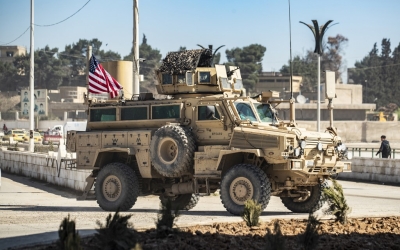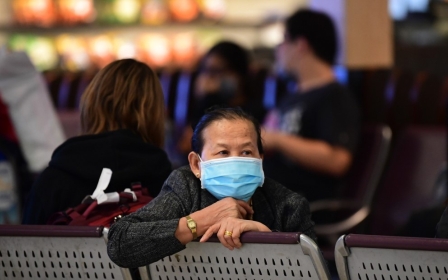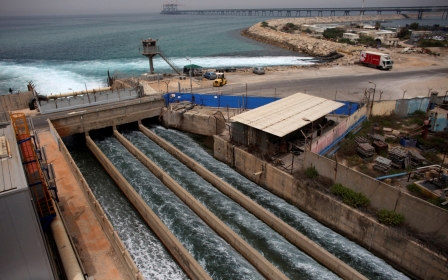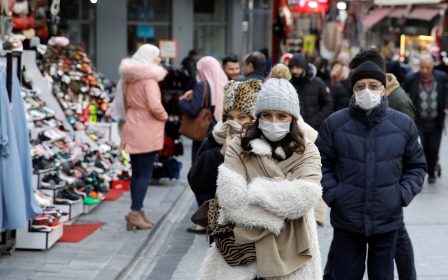US embassy snubbed UAE offer for Covid-19 tests over China privacy concerns: Report

The US embassy in the United Arab Emirates (UAE) declined an offer by Abu Dhabi to issue hundreds of Covid-19 tests to embassy staff due to the involvement of Chinese firms and technology, the Financial Times reported on Tuesday.
A US official told the newspaper that the offer was "politely declined" due to fears sensitive information on diplomats could find their way to Beijing.
The Abu Dhabi testing facility, which has delivered more than two million tests in a population of nine million people, opened in March following a joint venture between Chinese genomics company BGI and the artificial intelligence group G42.
BGI, which is privately owned, said it had no access to patient data, which is managed by local health authorities. While G42, which declined to identify its owners, said that "strict information security and data privacy protocols are in place".
So far, the seven emirates which make up the UAE have reported 35,788 coronavirus cases, with 269 deaths. There have been no reported cases among US embassy staff in the oil-rich nation.
New MEE newsletter: Jerusalem Dispatch
Sign up to get the latest insights and analysis on Israel-Palestine, alongside Turkey Unpacked and other MEE newsletters
"There were concerns raised about patient privacy and the way that the tests could be used," the US official said, calling the involvement of Chinese firms a "red flag".
The UAE, like several other Gulf states, has strengthened trade and political relations with China in recent years.
Before the pandemic, the UAE was hoping to increase annual bilateral trade with China to $70bn this year, up from $2bn at the start of the millennium.
Abu Dhabi's increasingly close relationship with Beijing has caused concern for the US, which is one of the UAE's closest allies.
The tensions also come at a time when the Trump administration has traded barbs with China, accusing authorities there of creating the virus in a laboratory.
While the UAE largely relies on the US for arms and military components, with deals in the past five years totalling more than $14bn, Abu Dhabi has recently begun purchasing weapons from Beijing, including unmanned aerial vehicles, after Washington refused to sell armed drones due to a longstanding export policy limiting their use.
State-run telecommunications companies in the UAE have also awarded 5G cellular network contracts to Huawei, a Chinese company blacklisted by Washington.
"They risk rupturing the long-term strategic relationship they have with the US," the US official told the FT.
Middle East Eye delivers independent and unrivalled coverage and analysis of the Middle East, North Africa and beyond. To learn more about republishing this content and the associated fees, please fill out this form. More about MEE can be found here.





